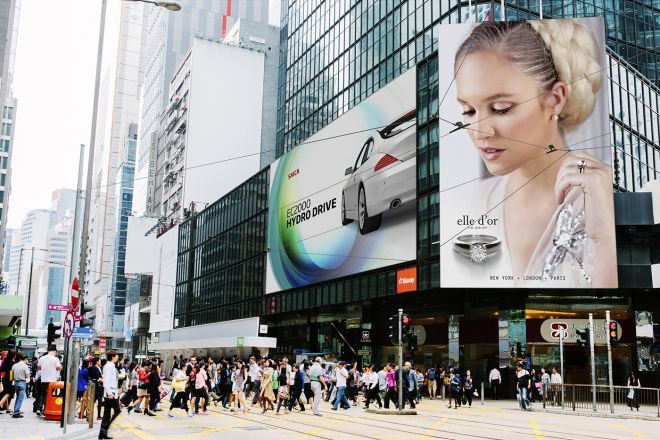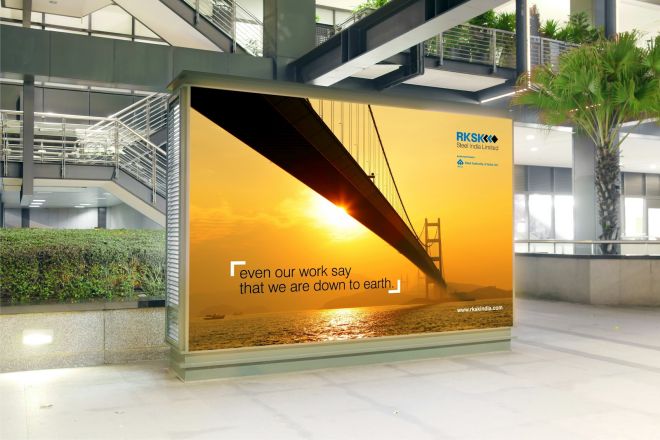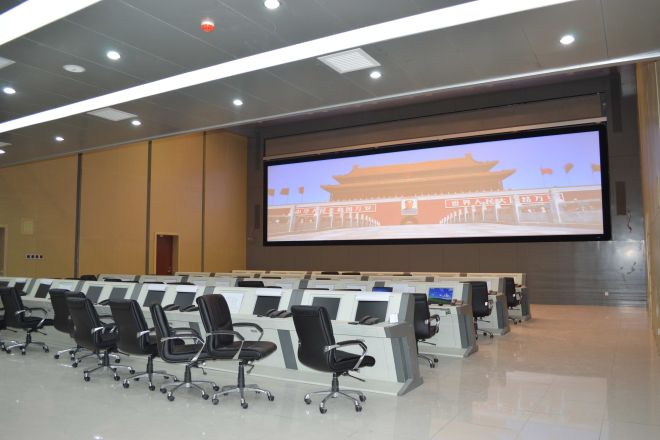Introduction

In the past few years, the LED display market has experienced rapid development. With the advancement of technology and the continuous expansion of application fields, Afficheurs LED have shown strong market potential in many fields, such as commercial advertising, sports events, and traffic information indications.
At the same time, the government’s support for the energy-saving and environmental protection industry and the capital market’s favor for the LED industry have also provided strong policy support and investment guarantees for the development of the market.
However, the rapid development of the market also brings a series of challenges. Technical bottlenecks, cost issues, and intensified market competition have all put forward higher requirements for the development of the LED display industry. Therefore, this article will conduct an in-depth analysis of the LED display market from multiple dimensions.
1. The main development drivers of the LED display market

The reason why the LED display market can continue to maintain rapid development is that the driving factors behind it are diverse and intertwined. These factors not only promote the expansion of the market but also promote technological innovation and diversification of applications.
First of all, technological progress and innovation are the core driving forces for the development of the LED display market. With the continuous advancement of science and technology, the efficiency of LED chips has been significantly improved, which means that under the same energy consumption, LED displays can emit brighter and more uniform light, thus improving overall performance.
At the same time, the development of high-definition display technology has also brought revolutionary changes to LED displays. The application of technologies such as high resolution, high contrast, and wide color gamut has brought the picture quality of LED displays to an unprecedented level, providing users with a clearer and more realistic visual experience.
In addition, the optimization of energy-saving and environmentally friendly technologies is also in line with the global trend of green development. With the increasing awareness of environmental protection, LED display screens, as green and environmentally friendly display technology, have received widespread attention for their low energy consumption, long life, and recyclability.
Secondly, the expansion of application fields has also brought broad development space to the LED display market. The traditional commercial advertising and media fields are the main application areas of LED displays. However, with the progress of society and the development of science and technology, its application fields have been continuously broadened.
In sports events and activities, LED display screens have become an important tool for creating atmosphere and transmitting information due to their high-definition and large-screen characteristics. In addition, LED displays also play an irreplaceable role in areas such as traffic information instructions and public safety monitoring.
With the advancement of smart city construction, LED displays have also shown great potential in urban landscape lighting and information release.
Finally, policy support and investment also provide a strong guarantee for the development of the LED display market. The government’s support for the energy conservation and environmental protection industry has continued to increase, providing a good policy environment for the development of the LED display industry.
At the same time, the capital market’s favor for the LED industry has also provided financial support and market momentum for the development of the industry. Many investment institutions and venture funds have poured into the LED display market, providing strong support for the company’s R&D, production, and sales.
2. Current status and trends of the LED display market

As an important part of modern display technology, the LED display market is undergoing rapid development and change. Below is a detailed analysis of the current status and future trends of this market.
- Market size and growth rate
As technology continues to mature and its applications become more widespread, the global LED display market scale shows a steady growth trend. According to the latest statistics, the global LED display market has reached tens of billions of dollars and is expected to maintain a high growth rate in the next few years.
Especially in developed regions such as Asia, North America, and Europe, due to the accelerated urbanization process, frequent commercial activities, and the increase in sports events and large-scale activities, the LED display market demand is strong, and the market size continues to expand.
Judging from the historical growth rate, the LED display market has maintained a high growth rate in the past few years. With the continuous innovation of technology and the continuous development of the market, the growth rate of the LED display market is expected to remain at a high level in the next few years.
- Market structure and competition landscape
At present, the LED display market presents a diversified competitive landscape. Many manufacturers compete for market share through technological innovation, quality improvement, and market expansion.
Among them, some well-known brands have occupied a leading position in the market with their strong R&D strength and brand influence. At the same time, with the continuous emergence of new companies and the gradual improvement of the industrial chain, market competition is becoming increasingly fierce.
From the perspective of the industrial chain, the LED display market covers the upstream supply of core raw materials and components such as LED chips, packaging materials, and driver ICs, the midstream LED display manufacturing and assembly, and the downstream LED display application market. Enterprises in all aspects work closely together to promote the development of the market.
- Market needs and changes.
Consumer demand for LED displays is undergoing profound changes. With the improvement of life quality and the development of science and technology, consumers have put forward higher requirements for image quality, color, brightness, and other aspects of display screens.
At the same time, attention to energy saving, environmental protection, intelligence, and other functions is also increasing. These changes have caused the LED display market to present diversified and personalized demand characteristics.
At the industry level, the application fields of LED displays are also constantly expanding. In addition to traditional commercial advertising, sports events, and other fields, LED displays are also increasingly used in traffic information indication, public safety, smart cities, and other fields.
The development of these emerging fields has brought new growth points to the LED display market.
4. Challenges and opportunities in the LED display market

Although the LED display market has broad prospects, it also faces many challenges and opportunities. In terms of technological progress, market competition, and emerging applications, companies in the industry need to constantly adapt to changes and find new growth points.
First of all, technical challenges are a major problem facing the LED display market. In terms of display effects and visual experience, consumers have increasingly higher requirements for picture quality, requiring clearer and more realistic picture presentation.
In order to solve this problem, the industry needs to continuously improve the luminous efficiency and color reproduction capabilities of LED chips while optimizing the driving technology and image processing algorithms of the display screen. In addition, cost reduction and production efficiency improvement are also important aspects of technical challenges.
By developing new materials, improving production processes, and increasing automation levels, production costs can be effectively reduced, and market competitiveness can be improved.
In terms of market competition, brand building, and differentiated competition are particularly important. As the number of market participants increases, homogeneous competition becomes increasingly serious.
In order to stand out, companies need to focus on brand building and enhance brand awareness and reputation. At the same time, through differentiated competition strategies, such as customized products, special services, etc., we can meet the personalized needs of consumers and win market share.
Cooperation, mergers, and acquisitions are also effective means of dealing with market competition. Through cooperation with other enterprises or research institutions, resources, technologies, and market channels can be shared to achieve complementary advantages. In addition, through mergers and acquisitions, companies can quickly expand their scale and enhance their market share and competitiveness.
Of course, the LED display market also contains abundant opportunities. The integration and application of new technologies, such as 5G and the Internet of Things, have brought new growth points to the LED display industry.
With the popularization of 5G networks and the maturity of IoT technology, LED displays can achieve higher-speed data transmission and richer interactive experiences to meet the increasingly diverse needs of consumers. In addition, the market demand for intelligence and customization also provides broad development space for the LED display industry.
By introducing technologies such as artificial intelligence and big data, intelligent control and personalized customization of displays can be achieved, improving user experience and market competitiveness.
Conclusion
In general, the LED display industry is in a golden period of rapid development. In the future, with the continuous advancement of technology and the further expansion of application fields, the LED display market is expected to continue to maintain rapid growth.
Si vous souhaitez en savoir plus sur les écrans LED, veuillez nous contacter.
